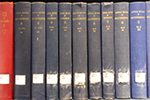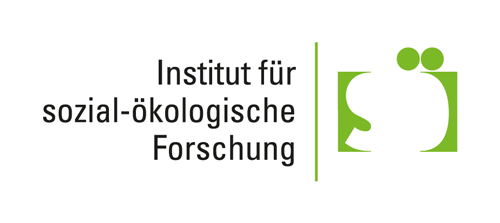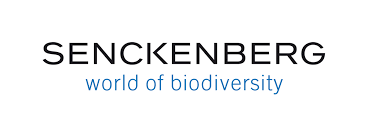- GU Home
- Faculties
- Institutes and Facilities
- Cooperating Institutes
Cooperating Institutes
The LOEWE Biodiversity and Climate Research Centre (BiK-F), which was founded in 2008 as a joint venture of the Senckenberg Society for Nature Research and the Goethe University in Frankfurt am Main, aims to carry out internationally outstanding research in the field of interactions between organismic biodiversity and climate.
Using innovative research approaches and a broad spectrum of modern methods - from satellite-based remote sensing of climate, area and ecosystem reactions to molecular genetics and mass spectrometry - past and present events and processes are documented and analysed in order to develop reliable projections and decision bases for the future.
More information on Senckenberg - BIK-F.
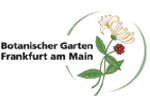
The Botanical Garden is run by the City of Frankfurt.Close scientific cooperation with working groups of the department and the Botanical Garden has existed since the founding of the University.
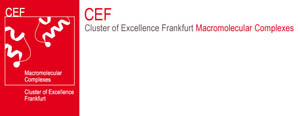
Research at the CEF aims at understanding macromolecular complexes, in particular the molecular mechanisms and functional consequences underlying the interactions of biological macromolecules in the cell, or in the cell membrane.
The Johann Christian Senckenberg University Library (Universitätsbibliothek) was established on 1 January 2005 through the merger of the Stadt- und Universitätsbibliothek Frankfurt am Main, which dates back to 1484, with the Senckenbergische Bibliothek, founded in 1763. Among other things, it is in charge of the special subject collection Biology of the German Research Society. This can also be reached via the virtual biology library.
The Natural Sciences Library (BNat) is, among other things, responsible for supplying literature to the biosciences.
It is located on the Riedberg campus in the Otto Stern Centre.
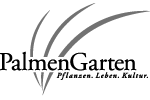
The Palmengarten was founded in 1868 and has since become an integral part of the cityscape.
Since the University was founded, there has been scientific and teaching cooperation with working groups of the Faculty of Biosciences.

Frankfurt Zoo sponsors and supports the endowed professorship "Wild and Zoo Animal Biology and Systematics" at the Department of Biosciences since 2018. In close cooperation, research focuses on behavioral research, enrichment and ex-situ conservation breeding of endangered amphibian species and is integrated into teaching.
The ISOE - Institute for Social-Ecological Research is one of the leading independent institutes for sustainability research. ISOE develops scientific bases and sustainable concepts for politics, civil society and business - regionally, nationally and internationally. Prof. Dr. Flurina Schneider is Professor of “Social Ecology and Transdisciplinarity" at the Department of Biosciences of the Goethe University and scientific director of ISOE.
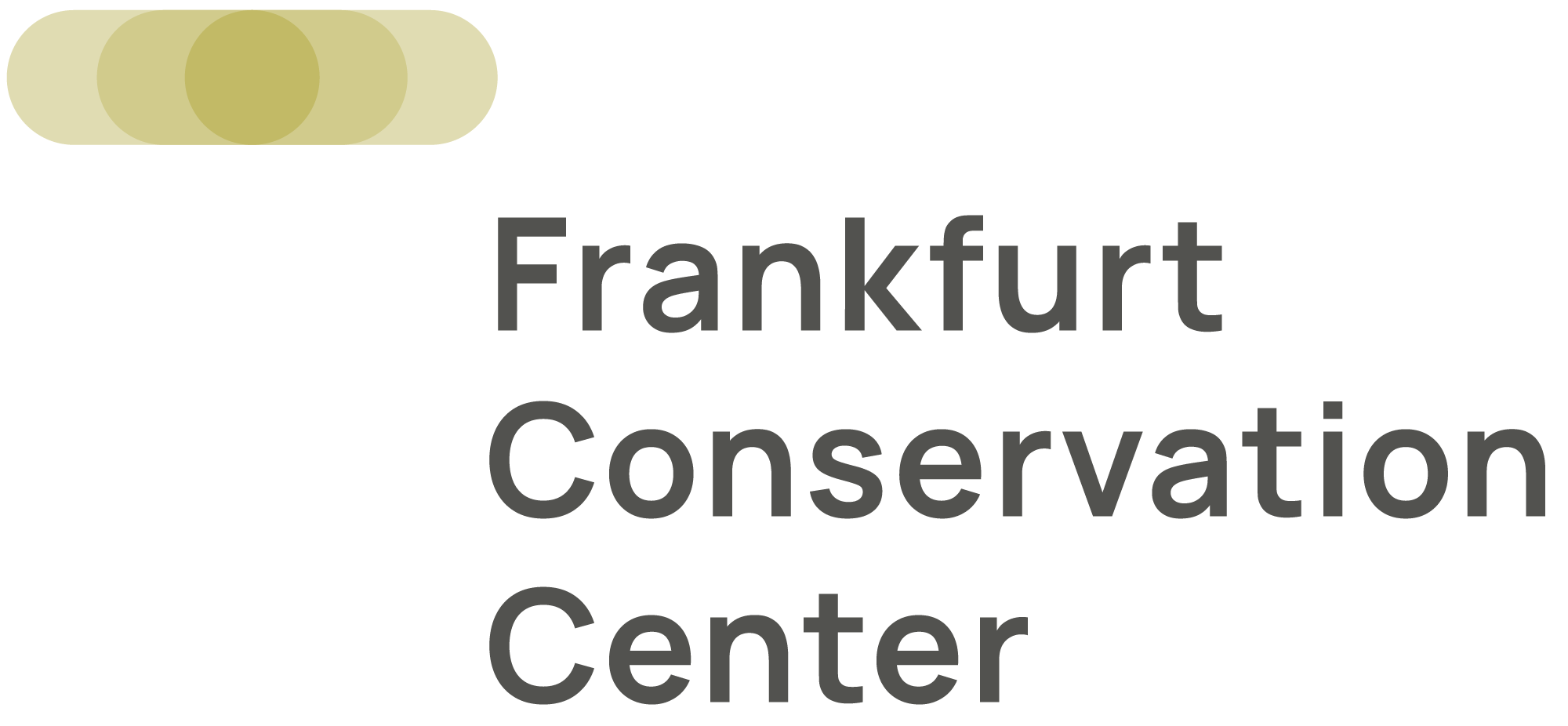
The Frankfurt Conservation Center (FCC) is a center for global nature and species conservation based in Frankfurt. The aim of the FCC is to bring nature conservation stakeholders from practice and science closer together and to promote the development of interdisciplinary solutions. A total of 10 institutions are currently involved in the FCC, with the Goethe University Frankfurt (represented by the Faculty of Biosciences) as one of three founding members. The Faculty of Biosciences is in charge of scientific nature conservation research and the training of young nature conservation experts. The Frankfurt Conservation Center gGmbH was officially founded at the end of 2020 by the Frankfurt Zoological Society, the Goethe University Frankfurt and the Senckenberg Society for Nature Research. First joint projects have already been implemented, such as the Frankfurt Spring School on Conservation Project Management und the Frankfurt Conservation Award. A new FCC building at the east entrance the Frankfurt Zoo is currently being planned.
Further information
on the FCC.
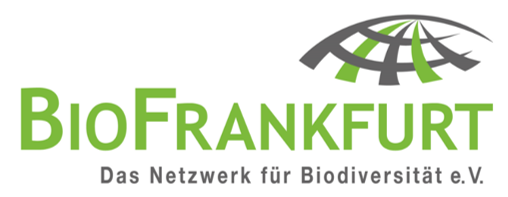
The Goethe University is a founding member of the network BioFrankfurt – the Network for Biodiversity e.V.. It was established in 2004 and has been a registered association since 2014. In total, 13 institutions currently belong to the network. Together, they have set themselves the goal of raising media and public awareness of the importance of biodiversity and its conservation, of pooling the knowledge and experience of the individual institutions, and of positioning the commitment in the Frankfurt region in the areas of research, conservation and education more publicly.
The representative and contact person for the Goethe
University is Prof.
Dr. Meike Piepenbring.
The Senckenberg Society for Nature Research has a high reputation in German and international biodiversity research. The Senckenberg Society runs a Nature Museum in Frankfurt, which is one of the largest in Europe and, with its extensive collections and exhibitions, serves to transfer knowledge to the general public.
There is close cooperation between the department of Didactics of Biological Sciences of the Goethe University and the Department of Education and Communication of the museum. This extracurricular place of learning is regularly integrated into the courses for student teachers. Furthermore, new tour concepts have been developed and established by this cooperation (e.g. Virtual Tours, tours for children from Special Schools). Accompanying Visitor Studies provide current research results on the effects of exhibition elements and of guided tours on various visiting groups.
Further information on Senckenberg.

The Helmholtz Centre for Environmental Research (UFZ) in Leipzig and Goethe University Frankfurt have concluded a framework cooperation agreement with the aim of promoting and intensifying research in the field of water through joint research projects and jointly training scientists in the early stages of their careers in interdisciplinary environmental research. The main topics are chemicals and trace substances in water and climate change with the associated changes in the water cycle.
Translated with DeepL.com (free version)
Further information on Helmholtz-Zentrum für Umweltforschung.
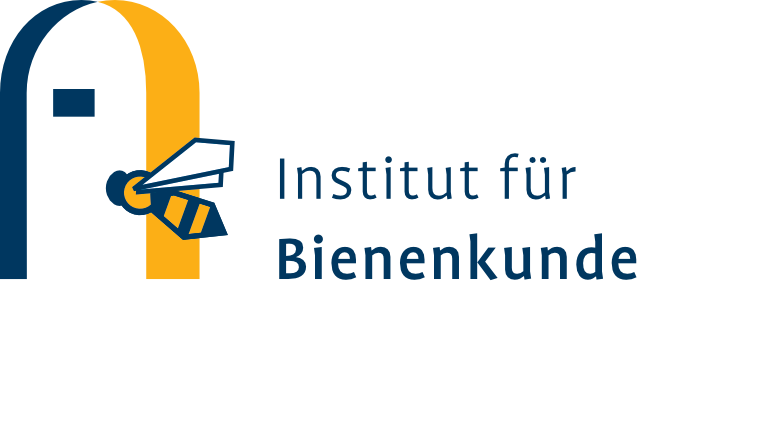
- Studying at Goethe University
- International applicants
- Faculties
- Overview of study programmes
- Programme for refugees
- GRADE
- Goethe Business School (continuing education)
- Research at Goethe University
- Scientific news
- Goethe Welcome Center (for international researchers)
- Collaborative research projects
- Individual research
- Visiting fellowships
- Endowed chairs
- About the University
- News-in-brief
- University administration
- Campus locations
- Campus life
- University archives (German)
- Rhine-Main-Universities

